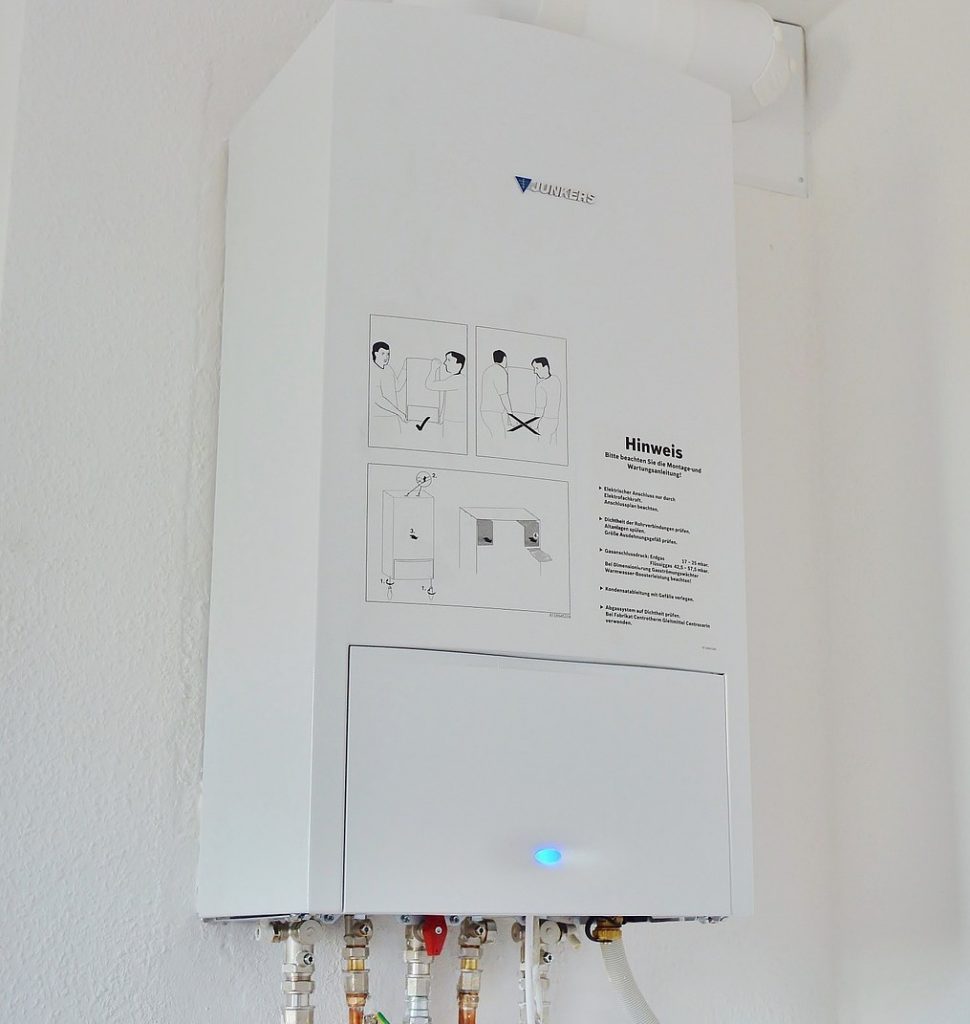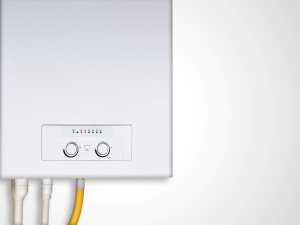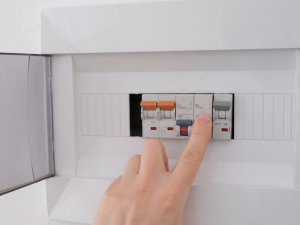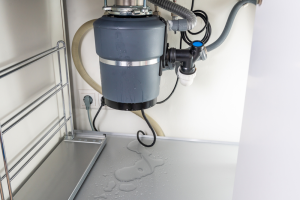A water heater is an essential component in any home. Without it, taking hot showers as well as other tasks that require the use of hot water can become a thing of the past. And even worse, your water heater could explode if not properly maintained. The effects can be devastating. Not only does a water heater explosion cause physical damage, property damage but also potentially death. Thankfully, your water heater will not just explode without any tell-tale signs. If you are keen, you can avoid dangers that can be caused by a water heater explosion.
What are the causes of a water heater explosion?
Since water heaters rely on high temperature and pressure to operate, an explosion can occur when there is an imbalance in these two factors, often to dangerous levels. If this imbalance cannot be resolved through safety measures such as pressure or temperature relief valve, then an explosion is imminent.
In most explosions reported, excessively high temperatures cause a build-up of gas inside the water heater. And with a simple clog in the pressure and temperature relief valve, the excess gas is trapped. The continuous build-up then leads to an explosion.
Water heater explosions are deadly. Anyone near the water heater may be hit by debris and excessively hot water. In most explosions, persons near the water heater would be lucky to escape fatal injuries and death. And the damage on properties housing the water heater is unimaginable. Mant water heater explosions pierce right through the roof and land a distance away.
A gas leak from the water heater can also cause a fatal explosion. This occurs when gas escapes from the water heater and fills a room. If an ignition source is used, then the explosive force can level homes. These explosions are often caused by faulty thermocouples.
What are the warning signs for a water heater explosion?
- A leaking pressure relief valve – Placed at the top side of a water heater, the pressure relief valve prevents excessive pressure in the water heater by opening when the pressure is extremely high. By letting out water, the pressure inside the water heater is reduced, averting risks. Leaks in the valve mean that there is too much pressure or heat inside the tank. If you notice that you are constantly replacing the pressure relief valve, it is an indication that the valve cannot effectively handle the heat or pressure in the tank and can fail anytime.
- Knocking or popping noise – If you notice noises such as those made by a popcorn machine, your water heater could be faulty.
The knocking or popping sounds occur when water sediments build-up at the bottom of the heating tank which insulates the water from the burner. The build-up forces the burner to run longer than it should to heat water, raising the heat in the tank. The popping sounds are produced when water is trapped and is bubbling as it escapes the sediment layer.
- Are there rotten eggs around your water heater? – If this is what you are wondering, no, there are no rotten eggs around your water heater. However, the smell is an indication of a gas leak. The smell could be similar to that of Sulphur and can often go ignored. If you smell gas around the water heater, turn it off immediately and seek the services of a licensed and qualified plumber.
- Tank corrosion– If your water heater tank is significantly corroded, the deterioration can cause the pressure and temperature to build up, causing an explosion. A corroded tank can also cause breaks on the heater.
- Brown water – If you notice brown water in your home’s water heater system, do not ignore it. Brown water can be an indication of a potential water heater explosion. It could also be an indication of other problems in your plumbing system that require immediate attention.
- Unprofessional installations – While you may not notice unprofessional and poorly installed water heaters, you can safeguard the safety of your family by ensuring that regular checks are carried out on the water heater. These can help avert problems that can cause water heater explosions. If you are not certain that your water heater was correctly installed, seek the opinion of another licensed plumber.
How to prevent a water heater explosion
- Disconnect the water heater’s gas or electricity source in case of malfunction warning signs– If you notice issues such as a leaking pressure relief valve, gas leaks around the water heater, and even unusual noises, ensure you disconnect the water heater with the source of electricity or gas.
- Never attempt DIY water heater solutions– Whether you like to manage all your home equipment yourself or not, you do not want to risk DIY on your water heater. This can pose serious risks to your family as well as the neighborhood. As such, ensure you always get the services of a qualified professional to sort any water heater issues.
- Never leave water heater issues unchecked for a long period– After a routine check, you may notice that there is an unusual gas smelling around your water heater. How long should you wait to contact a professional? If you have any issues, whether you are sure of validity or not, always contact a professional immediately.
- Never have untrustworthy or unlicensed technicians working on your water heater– Water heater explosions can be fatal. So, why gamble with the safety of your family by having unqualified persons work on your water heater? If you are having trouble finding qualified technicians, you can ask for referrals or recommendations from your friends or family.
- Have regular water heater checks– These checks should be carried out regardless of whether there are any visible problems with the water heater or not. Also, get your heater cleaned and serviced at least once annually.
- Maintain the recommended water heater temperature– The recommended water heater temperature is 120- 125 degrees. If the temperature goes above this, the internal heat will be increased resulting in the release of scalding hot water.
While water heater explosions can be caused by a manufacturer’s defects, other factors such as lack of regular maintenance and improper installations can also lead to explosions. To prevent such life-threatening explosions, ensure you work with qualified and professional technicians.




